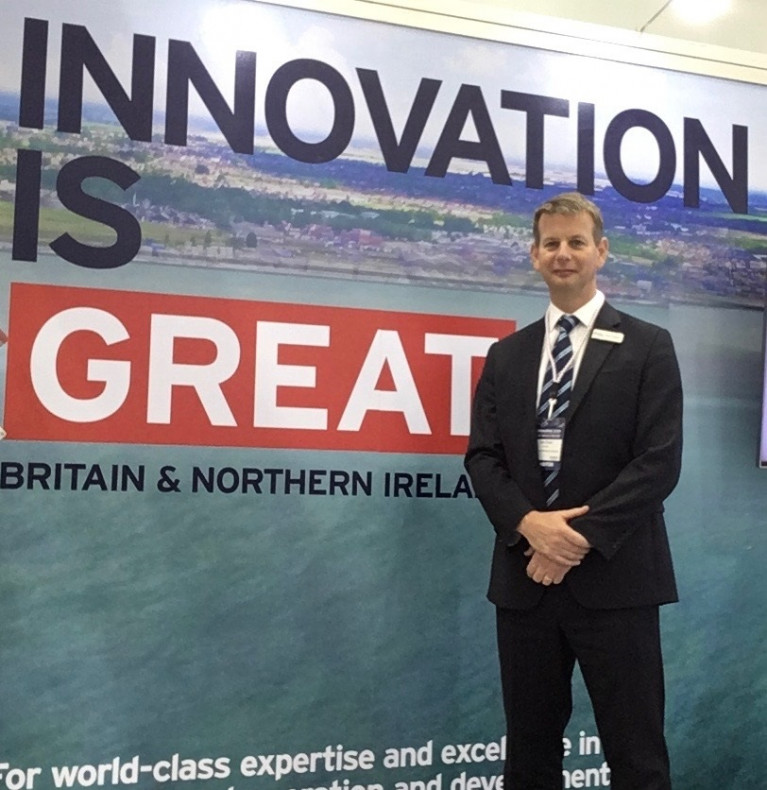Displaying items by tag: Green Maritime Survey
Trade Body in UK Survey Reveals ‘Big Uptick’ in Maritime Engineering Firms Embracing Decarbonisation
A UK trade body, representing Britain’s shipbuilding, maritime engineering and science sectors, is reporting a big increase in the number of companies embracing the decarbonisation agenda.
The Society of Maritime Industries (SMI) is issuing the findings of its ‘Green Maritime Survey’ as the COP26 climate change summit begins in Glasgow.
The survey paints a picture of positive change in the industry with 85pc actioning green initiatives, two thirds actively involved in green research and developing green technologies and 78pc running incentives for staff to lower their environmental impact.
A further 78pc said the environmental agenda is impacting the way they run their business with 93pc saying their customers are increasingly aware of the environmental impact of operations. However, two thirds reported the Government is not doing enough to enable them to go green. (For case studies, click this link and scroll down the page).
SMI Chief Executive Tom Chant said the survey showed businesses are taking action ‘right here and now’ and there is ‘enormous desire and passion’ in the industry to support net zero ambitions.
“Small businesses are the backbone of the maritime engineering and science sectors and for the energy majors and primary contractors like shipbuilders to meet net zero targets they need their supply chain to decarbonise at speed too,” he said. “This survey shows the efforts being made to innovate and adapt to meet green targets with companies both developing new products and becoming more environmentally aware in their day-to-day operations with more initiatives like recycling and cycling to work schemes.”
However, Mr Chant said barriers to going green remained such as red tape around R & D credits.
“It is brilliant to see Government giving a higher profile and greater recognition to maritime particularly in the last few years,” he said. “We also welcome the extra funding awarded by the Chancellor Rishi Sunak in the budget for research around the Clean Maritime Demonstration Competition (see notes to editors). But one message we are hearing loud and clear is the need to slash back on red tape around grants. Too often the red tape makes it too onerous for busy companies to apply for funding.”
Mr Chant said another major issue for its members is the lack of incentive to invest in decarbonising the buildings they lease.
“Many of our members want to invest in renewable energy heating sources and incentives like electric charging points but the pay-back period is often longer than their leases which are typically three to five years,” he said. “So there is reluctance to invest in ‘greening’ a building they do not own and may have to move out of. With properties being a big part of companies carbon footprint this pain point is important and requires swift Government action. We want to see more incentives for landlords and tenants to work together to green commercial properties as the desire from our members is very much there.”
























































